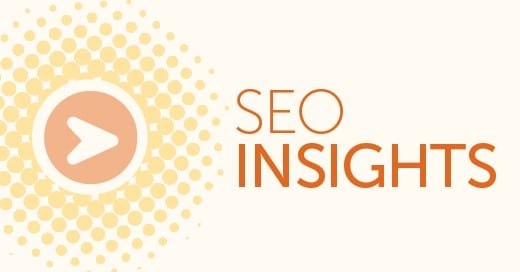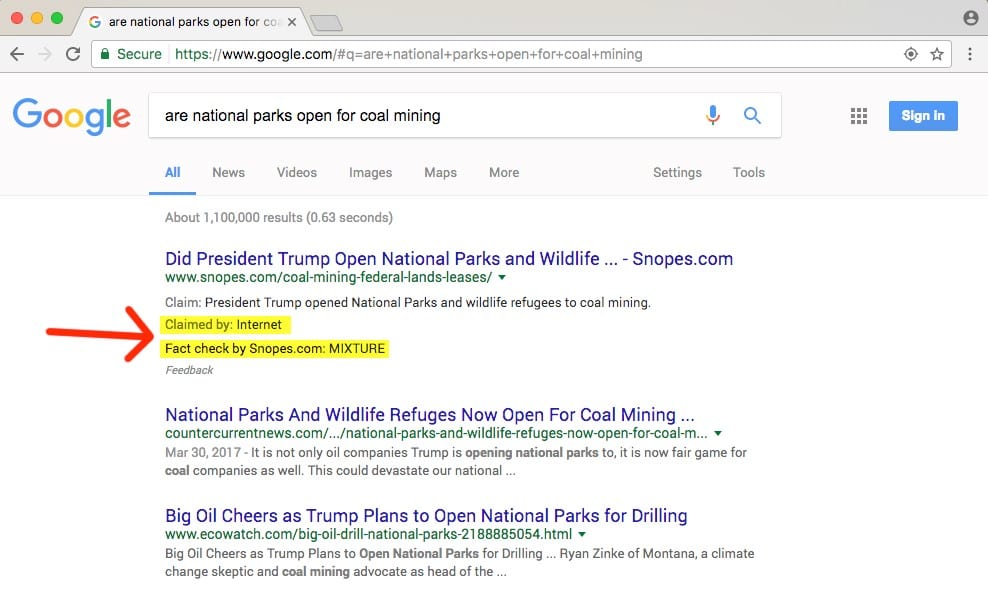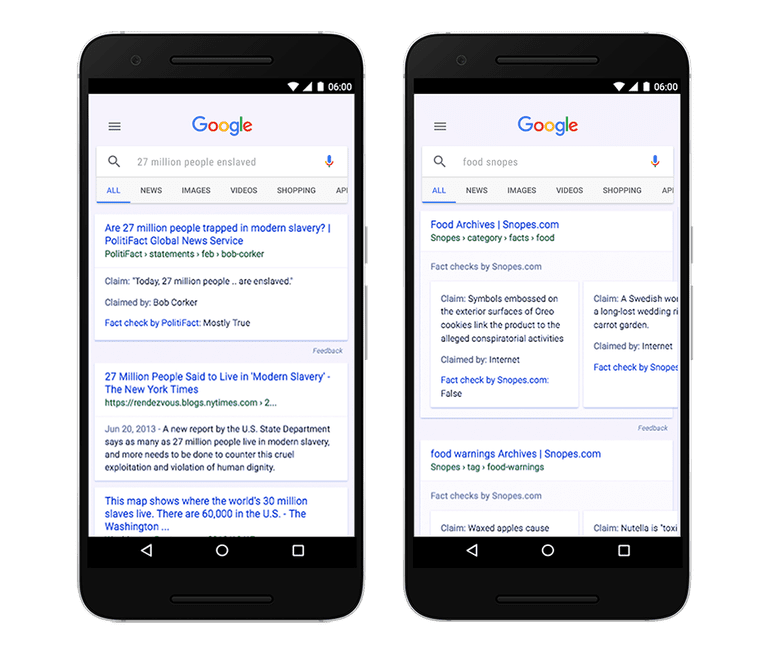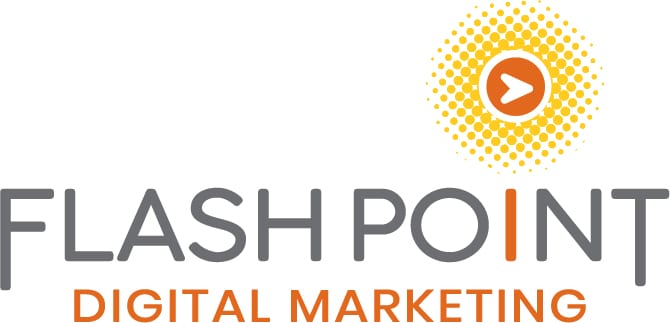SEO Guides, Tips & More!
Learn from Our Experience
Google Fact-Checking Expanded
Brian Swanson - Apr 11th, 2017 - Search Engine Optimization - 0 Comments
In a world saturated with various forms of news, how many times have you heard or read something and wondered if it was true, let alone accurate? In recent months, and considering last year’s election, it seems as if the words “fact checking” and “false news” have become everyday household terminology that has saturated the Internet and social media sites. The question “How do you really know if a claim is true or not?” is a very hot topic. While this doesn’t fall within our normal SEO or accounting marketing focus area, I thought it would be a topic of interest for those who frequent the blog.
Google has decided to tackle this topic using a fact-check tagging system. The fact-check tagging system, which is rolling out globally on both Google Search and News, expands on a program introduced by Google’s Jigsaw group to Google News in the U.S. and UK last October. To help our clients and others understand this new tagging function, FlashPoint Marketing has provided a summary below.*
Fact checks are now part of regular Google search
Using a hot topic in today’s news – “Did Hillary Clinton sell uranium to Russia?” – below is an example of what the expanded fact-checking looks like.

Once again, Snopes is the source of the fact check stating that the claim is a mixture of true and false.

Who can publish?
While the above cited examples are from Snopes, anyone who publishes content on the web is eligible for the rich snippet callouts for fact checking. Publishers will need to conform to several rules to have their articles displayed with the fact-check label. Google will only display the label for publishers that have used the Schema.org ClaimReview markup on each page where they have checked the facts of a public statement, or if they use the Share the Facts widget. Additionally, Google will only include publishers that are “algorithmically determined to be an authoritative source of information”, while the content must adhere to Google’s New Publisher fact-checking criteria.
This new fact-checking feature is incredible however, Google does want readers to know that they can expect to see search page results with conflicting conclusions by different publishers. Even though different conclusions may be presented, the fact-checking feature is still a very useful tool for online browsers because it helps them understand the degree of consensus around a specific claim and gives them clear information on which sources agree.
If you are viewing search results on your desktop computer, you get multiple fact-checking articles showing up as part of the regular web search results (left side of photo below). If you are viewing search results on your mobile device, you get a fact-check carousel (right side of photo below).

Conclusion
With thousands of recent articles published online every minute of every day, the amount of content confronting people online can be overwhelming. And unfortunately, not all of it is factual or true, making it hard for people to distinguish fact from fiction. Hopefully this new Google tool will help readers to make better informed decisions than had they not had access to such a resource. For more information, please contact us.
*Note that examples cited above do not reflect any political stance but rather are examples of popular widespread news that is currently misrepresented and/or misunderstood. Such examples have been used to demonstrate the new technology that Google is using.

